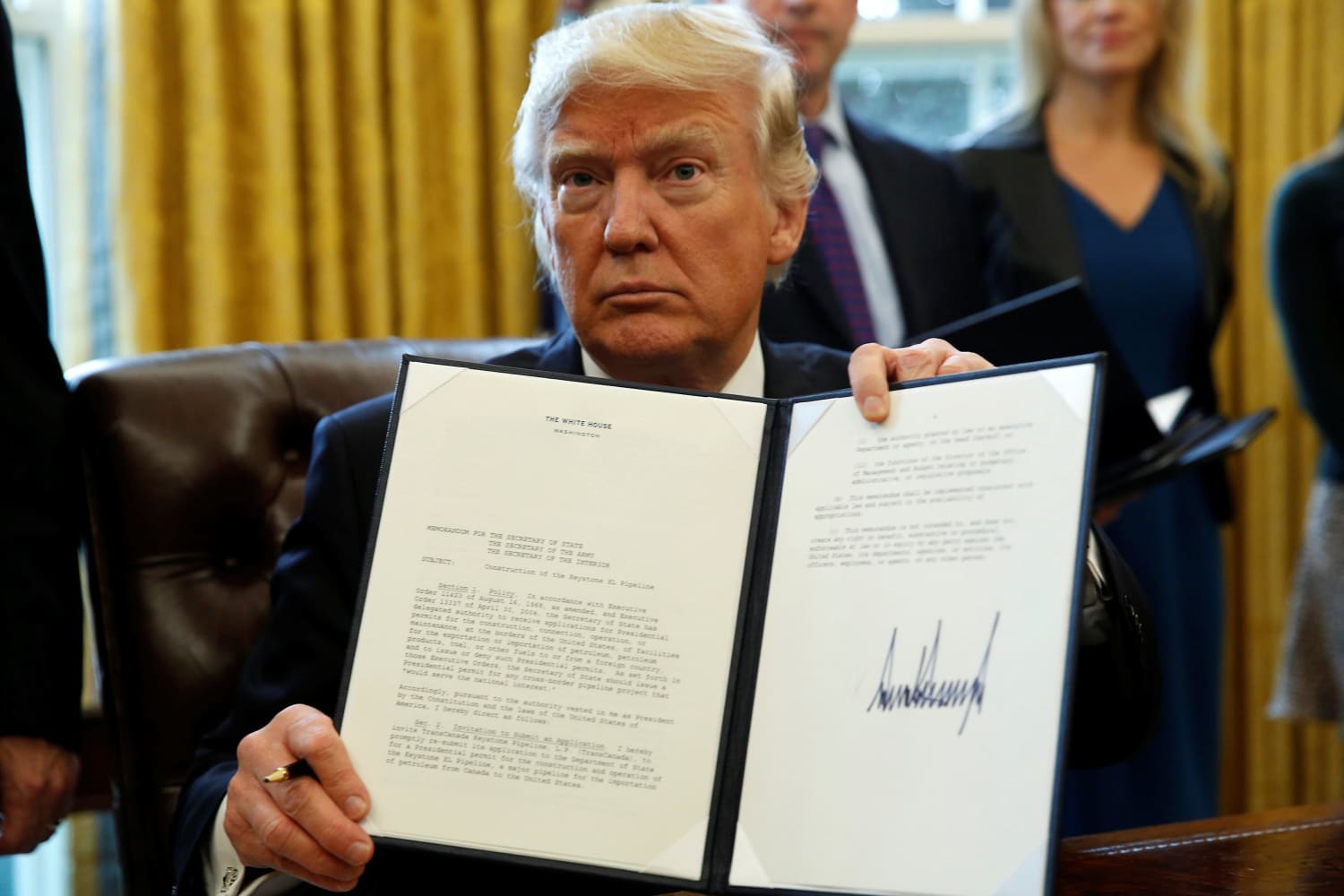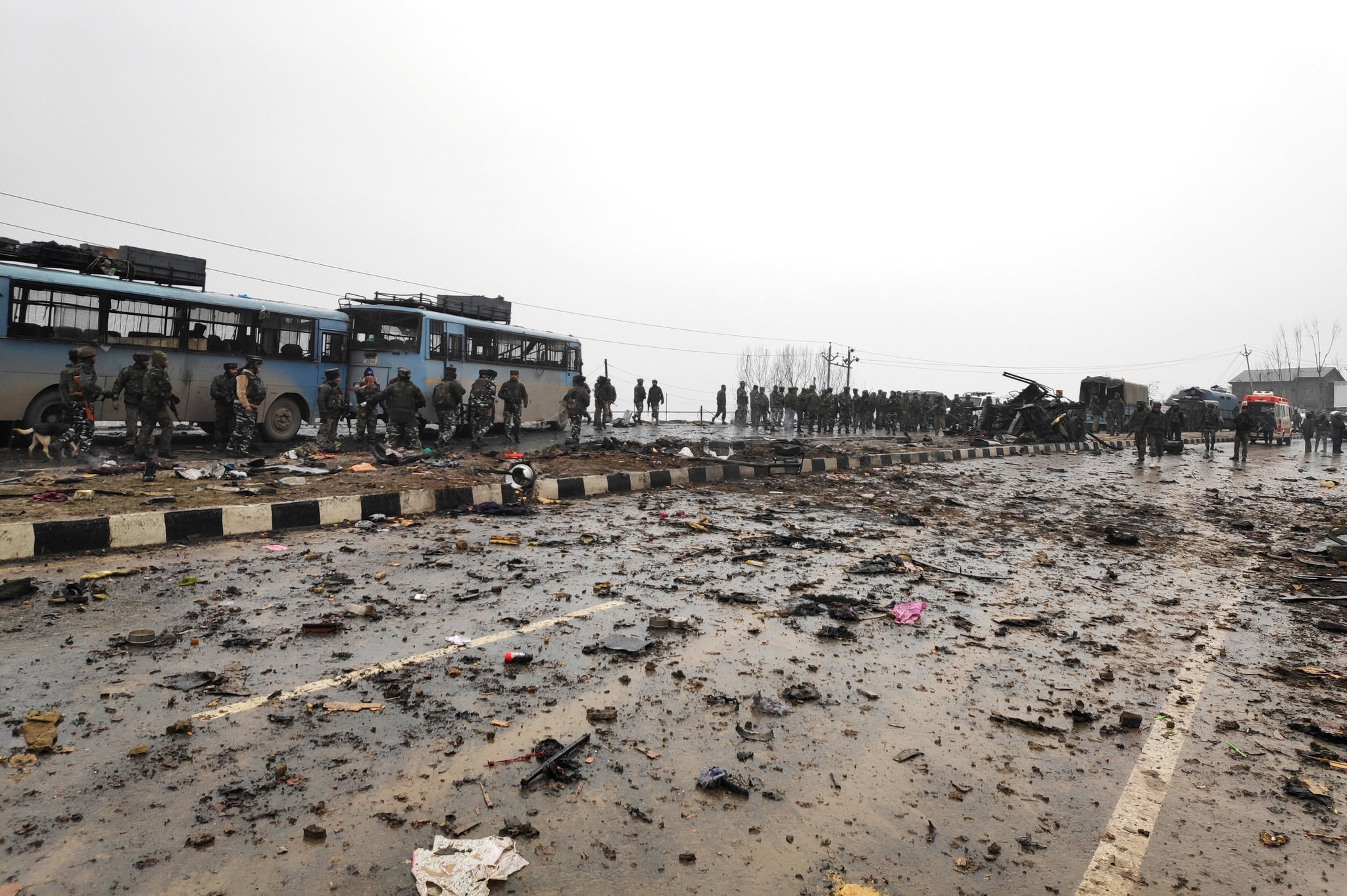


US President Donald Trump has signed an executive order directing Attorney General Pam Bondi to suspend actions under the Foreign Corrupt Practices Act, claiming it has been "abused" and "harms" US interests. As a result, Adani Group stocks saw a significant increase on Tuesday. The move, which aims to review and establish new enforcement guidelines, has sparked concerns about the implications on US foreign policy.
The Foreign Corrupt Practices Act: Suspension and Review by the Trump Administration
Background
The Foreign Corrupt Practices Act (FCPA) is a US federal law enacted in 1977 to combat bribery and other corrupt practices involving foreign officials and companies. The FCPA prohibits US companies and their subsidiaries from engaging in corrupt acts, such as offering bribes or making improper payments to foreign officials or political parties.
Recent Developments
On August 1, 2018, US President Donald Trump signed an executive order directing Attorney General Pam Bondi to suspend actions under the FCPA. The order claimed that the FCPA has been "abused" and "harms" US interests.
The suspension is intended to allow the Justice Department to review and establish new enforcement guidelines for the FCPA. The review will focus on ensuring that the FCPA is applied fairly and consistently, and that it does not unfairly burden US businesses.
Implications
The suspension of the FCPA has sparked concerns about its potential impact on US foreign policy. Critics argue that the FCPA has been an effective tool in combating corruption and promoting ethical business practices. They fear that suspending the law could send a message that the US is tolerant of corruption, which could damage its reputation and undermine its foreign policy goals.
FAQs
1. Why did President Trump suspend the FCPA?
President Trump claimed that the FCPA has been "abused" and "harms" US interests. He argued that the law has been used to target US companies unfairly, and that it has made it more difficult for US companies to compete internationally.
2. What are the concerns about suspending the FCPA?
Critics argue that suspending the FCPA could send a message that the US is tolerant of corruption. They fear that this could damage the US's reputation and undermine its foreign policy goals.
3. How long will the suspension of the FCPA last?
The duration of the suspension is unclear. The executive order directing the suspension does not specify a timeframe.
4. What are the implications of the suspension for US companies?
US companies will no longer be subject to enforcement actions under the FCPA while the suspension is in effect. However, they should be aware that the suspension could be lifted at any time, and that they could be held liable for any corrupt acts committed during the suspension period.
5. What are the implications of the suspension for foreign companies?
The suspension of the FCPA could make it easier for foreign companies to engage in corrupt practices involving US companies and officials. However, foreign companies should be aware that the US government could still take action against them for such practices under other laws, such as the Anti-Bribery and Foreign Corrupt Practices Act of 1998, which is a UK law.

The Indian National Congress (INC) has announced its plans to launch a month-and-a-half-long campaign in Jammu and Kashmir on April 22. The purpose of the campaign is to demand the restoration of statehood and to further the “Save the Constitution” movement. With the recent appointment of Syed Naseer Hussain as the new J&K in-charge, the party hopes to regain its lost support in the Union Territory. This campaign comes at a crucial time, as former supporters of the Congress leader Ghulam Nabi Azad have recently dissolved their party, raising questions about their political future. The Congress hopes to use this opportunity to highlight the BJP's failures in empowering elected governments and its betrayal over statehood.

Thousands of citizens in Pune are rallying together through an online petition to demand the protection of their city's hills and hill slopes from any construction. The petition is addressed to the former Pune Municipal Commissioner and Chairman of the state-appointed Committee on Bio-Diversity Park and Hill Top Hill Slopes. The citizens are concerned that the committee's review may result in allowing construction on the hills, while strict measures have already been mandated by the government to prevent it. The citizens stress the importance of preserving these natural areas for the city's ecological balance and urge the government to uphold its promise to future generations.

After the devastating terror attack in Pahalgam, Jammu and Kashmir, India has suspended the 1960 Indus Waters Treaty with Pakistan. This decision was made during a key meeting chaired by Union Home Minister Amit Shah, with discussions on potential actions being taken against Pakistan. As tensions between the two countries continue to escalate, Indian leaders have condemned Pakistan for their involvement in the attack and have vowed to take strong measures in response.

The Indian Army made its first major move since the Pahalgam terror attack on April 22, as they killed top Lashkar-e-Taiba (LeT) commander Altaf Lalli in an encounter in Jammu and Kashmir's Bandipora district. The security forces are on the hunt for the terrorists responsible for the brutal killing of 26 civilians and have launched a massive anti-terror operation. In other developments, Indian Army Chief General Upendra Dwivedi visited Srinagar for a security review meeting and the authorities demolished the houses of two suspected terrorists involved in the Pahalgam attack.

In a hearing at the Supreme Court, the bench rebuked Congress leader Rahul Gandhi for his "irresponsible" comments about freedom fighter Vinayak Damodar Savarkar. The judges highlighted the need to show respect for India's freedom fighters and questioned whether Gandhi was aware of his grandmother and Mahatma Gandhi praising Savarkar. The court also stayed an Allahabad High Court order that refused to dismiss a lower court's summons against Gandhi over his alleged remarks about Savarkar.

The Supreme Court has stepped in to warn Congress MP Rahul Gandhi over his comments about India's independence activist Veer Savarkar, staying a trial court's summons to the politician. The top court emphasized that Savarkar is a highly respected figure in Maharashtra and stated that no one would be allowed to make derogatory remarks about freedom fighters. The court also pointed out that Gandhi's family has had a history of praising Savarkar and Gandhi himself has been warned that the court will take suo motu cognizance of any such remarks. Additionally, the article also mentions an attack in Jammu and Kashmir that has led to heightened tensions between India and Pakistan.

In a successful operation by the security forces, a Lashkar-e-Taliba (LeT) terrorist associate, identified as Altaf Lalli, was killed in an ongoing encounter in the Bandipora district of Jammu and Kashmir. The encounter began after the security forces received intelligence about the presence of terrorists in the area. Two security personnel have also been injured in the exchange of fire and are currently undergoing treatment at a nearby hospital. The clash highlights the continued efforts of the security forces to combat terrorism in the region.

The Telangana-Chhattisgarh border is a hotbed of tension as security forces step up their efforts to root out Maoist activity from the region. Top Maoist leader Hidma is the target of current high-security operations, with forces strategically advancing through previously inaccessible areas. With mounting pressure, sources indicate that the hold of the Maoists in the region is gradually weakening, making for a tense and critical situation.

As the nation grapples with the aftermath of a terror attack in Pahalgam, security forces are undertaking a massive operation in the dense Karregutta hills forest to eliminate the heart of Naxal command. This operation, involving 7,000 personnel and cutting-edge technology, aims to strike a blow at Naxalism by targeting top leaders of the PLGA Battalion No. 1. This bold move by the CRPF, with the Director General personally overseeing the operation, marks a turning point in the fight against Maoist insurgency. With five Naxals already killed and more likely to come, the operation is being hailed as a decisive victory and could potentially spell the end of Naxalism in India.

The US Government has publicly criticized The New York Times for its reporting on the recent terror attack in Pahalgam, Kashmir, calling attention to the difference between the newspaper's use of "militant" instead of "terrorist." This choice of words is not only misleading but also minimizes the severity of the attack, which was claimed by a Pakistan-based group with links to Lashkar-e-Taiba. The US House Foreign Affairs Committee took to social media to point out the error and highlight the real nature of the attack, noting that it has significant implications for regional security.